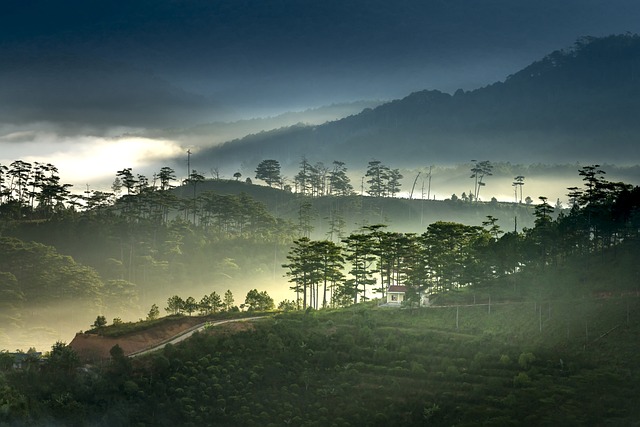blaze 🔥 Embracing the Blaze: The Science and Spirit of Fire's Role in Our Lives

Embracing the Blaze: The Science and Spirit of Fire's Role in Our Livesblaze

From the flickering glow of a campfire to the dramatic dance of flames in a wild forest, fire has captivated humanity since time immemorial. Often viewed with trepidation, the blaze that can consume entire landscapes also possesses an undeniable allure. Understanding fire’s duality — as both a destructive force and a source of life — unveils a fascinating narrative that intertwines science, nature, and human ingenuity. As we dive into the world of fire, let’s ignite our appreciation for this elemental phenomenon and explore its pivotal role in our ecosystem.blaze
At its core, fire is a chemical reaction that occurs in the presence of oxygen, heat, and fuel. This process, known as combustion, transforms solid or liquid substances into gases, releasing energy in the form of heat and light. While many may associate fire solely with destruction, scientists are uncovering a more nuanced story. Fire plays a crucial role in many ecosystems, acting as a natural regulator that promotes biodiversity and supports various life forms.
Consider the majestic forests that blanket our planet. Many tree species, such as the iconic sequoia, rely on fire for their reproduction. The intense heat of a blaze opens pine cones, releasing seeds that can only germinate in nutrient-rich soil, freshly cleared by the flames. Indeed, fire can be a gardener, nurturing the land and allowing new growth to flourish. It clears out underbrush, making way for sunlight and fresh nutrients, and establishes a renewed ecosystem that can support a diverse array of flora and fauna. blaze
The role of fire in agriculture is equally remarkable. Controlled burns, or prescribed fires, are used by farmers and land managers to maintain the health of grasslands and forests. These intentional blazes reduce the buildup of dead plant material, which can fuel uncontrollable wildfires. By mimicking the natural fire cycles that have shaped landscapes for millennia, land managers can create healthier ecosystems that are more resilient to the impacts of climate change.
Speaking of climate change, the conversation around fire has become even more pressing in recent years. As global temperatures rise and weather patterns shift, wildfires have become more frequent and intense, leading to devastation in many regions. However, instead of succumbing to despair, scientists are stepping up to address these challenges with innovative solutions. Research into fire-resistant building materials and improved land management practices is underway to mitigate the risks associated with wildfires.
Moreover, indigenous communities around the world have long understood the importance of fire in maintaining their environments. Traditional ecological knowledge emphasizes the significance of fire management in promoting biodiversity and protecting landscapes. Their practices offer valuable insights into sustainable land stewardship that modern science is beginning to recognize and incorporate into wildfire management strategies. blaze

Another exciting area of exploration is the potential of fire in renewable energy production. Biomass-derived energy, which can be harnessed from the combustion of organic materials, presents an opportunity to transform waste into a valuable resource. By utilizing controlled burns to convert agricultural residues into energy, we can reduce waste while simultaneously generating power. Imagine a world where the flames that once represented destruction can become a beacon of sustainable energy solutions.
As we move forward in a rapidly changing world, the relationship between humans and fire is evolving. There’s a growing recognition of the need to coexist with fire rather than fear it. Education and awareness are key components in fostering an understanding of fire’s ecological importance. Communities can learn to embrace fire as a tool for land management and conservation, rather than viewing it solely as a threat.blaze
Optimism shines through as we witness a shift in perspective. Fire is not merely a destructive force; it is a vital component of our ecosystems and an essential element in our quest for sustainability. The more we understand the science behind fire, the better equipped we are to harness its power responsibly. blaze
In conclusion, let us celebrate the blaze — a force that is both friend and foe. Whether lighting up our nights or rejuvenating our landscapes, fire embodies the potential for renewal and transformation. By embracing an optimistic outlook and fostering a deeper understanding of this natural phenomenon, we can forge a harmonious relationship with fire, ensuring that it remains a vital player in the story of our planet for generations to come. So, the next time you see a flicker of flame, remember: behind that blaze lies a tapestry of life, resilience, and hope.blaze
Fale conosco. Envie dúvidas, críticas ou sugestões para a nossa equipe através dos contatos abaixo:
Telefone: 0086-10-8805-0795
Email: portuguese@9099.com


